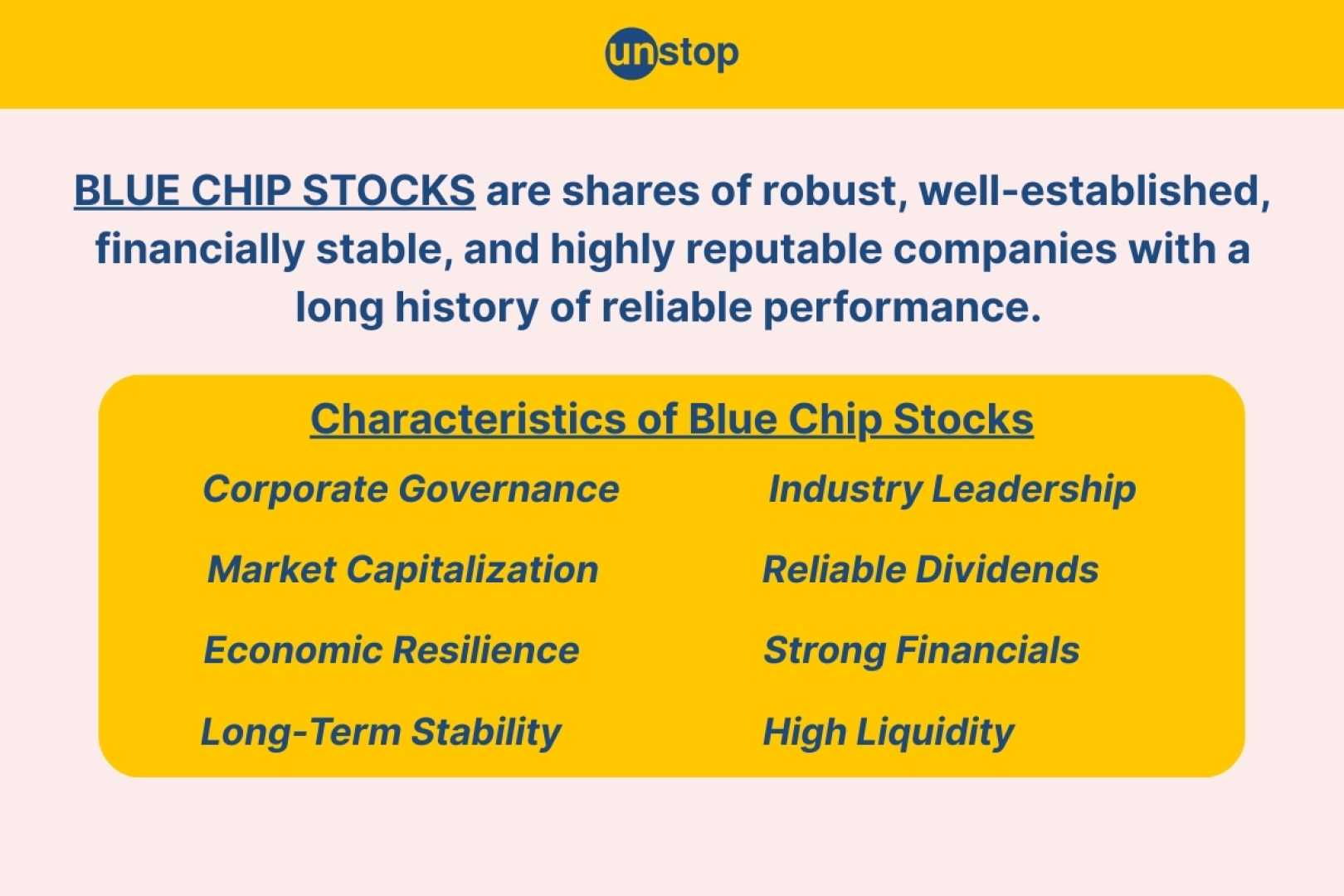Business
Blue-Chip Stocks Show Stability Amid Market Turmoil

NEW YORK, NY — Blue-chip stocks have proven their resilience during periods of market volatility, particularly between March 11 and April 11, 2025. These stocks are associated with large, stable companies that are recognized for their strong financial performance and reliability.
A blue-chip stock is typically defined as a share from a well-established company with a significant market capitalization and a long history of stable growth. Many of these companies are widely recognized household names in their respective industries. Investors favor blue-chip stocks for their reliability and often significant dividend payouts.
During the recent period of market fluctuations, some blue-chip stocks performed well while the S&P 500 fell more than 4%. Notable winners included JPMorgan Chase, McDonald's, Coca-Cola, Microsoft, and Home Depot, all of which reported positive returns.
However, it’s important to note that even blue-chip stocks are not immune to volatility. According to investment experts, defining blue-chip stocks can vary, but key criteria often include a market cap of at least $200 billion, membership in major indexes like the S&P 500 or NASDAQ 100, and a history of at least 20 years as a public company.
Market performance data from July 2025 reveals some robust figures as well. For instance, International Business Machines Corporation (IBM) showed an annual performance increase of 68.08%, while Goldman Sachs (GS) experienced a 56.64% growth. Other companies, including General Electric (GE), Oracle Corp (ORCL), and TAT&T Inc (T), also reported impressive dividends and performance rates.
Experts suggest that diversifying investments is crucial, even when concentrating on blue-chip stocks. Spreading investments across various company sizes and sectors can mitigate risks associated with market downturns.
Blue-chip stocks are particularly popular among investors approaching retirement or those averse to high-risk stocks. Their consistent dividends are seen as a reliable income source for many during retirement, making them attractive despite unavoidable market fluctuations.
While blue-chip stocks can provide stability, building a robust investment portfolio often requires significant research and time. Many investors turn to low-cost index funds or exchange-traded funds (ETFs) to gain exposure to a variety of stocks in a single investment. These funds afford convenient and instant diversification, particularly in blue-chip stocks.
Investors looking to begin or expand their portfolio may consider index funds that track major market indexes like the S&P 500 or Dow Jones Industrial Average, both of which prominently feature blue-chip companies.












